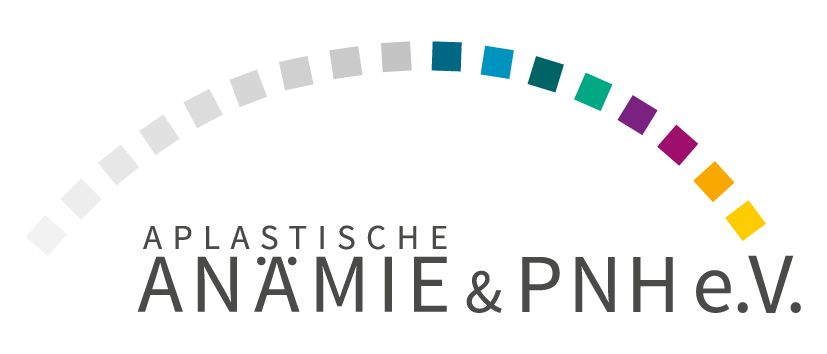Studying with an invisible disability – a student explains

A disability – what is it actually?
This question is not so easy to answer, because what is commonly understood as a disability can come in many forms and expressions – and then there is also the type of disability that is not noticed at first glance: we are talking about the so-called “invisible disability” . Examples of this are chronic illnesses and disabilities, which are associated with fatigue and rapid exhaustion and thus impair social participation. Aplastic anemia and paroxysmal nocturnal hemoglobinuria can also be included. While in the case of invisible disabilities the possible stigmatization by others does not apply from minute one of getting to know each other, this non-recognition of the disability also leads to expectations that are sometimes overwhelming.
Ly Tran has to struggle with this again and again: Ly is a linguistics student and reports in the podcast series “Studying with Disabilities” from the University of Potsdam from their own experiences. Ly began her studies, like most of her fellow students, full of energy and motivation. During the first semesters, however, she fell ill and developed an invisible disability with exhausting phases of tiredness and weakness. Long events, short deadlines for homework or seminar rooms on the fourth floor – all these are barriers that made studying difficult for Ly. Failing to take all the required courses, she eventually switched to linguistics and decided to be open about her disability. In the podcast she talks about the offers of help that students at the University of Potsdam can take advantage of. Ly was referred from the psychological counseling center to the disability officer at the university, and was soon given an appointment where he learned, among other things, about the concept of “compensation for disadvantages “: According to the law, a disability must not result in any disadvantage for the person concerned. So the circumstances are adapted as well as possible to the given situation, for example a person with a disability gets longer writing time for an exam or for a housework. This was a great relief for Ly: “Me[kam] better results due to the longer processing time ”. The university’s career service, which organizes workshops on the subject of “navigating uncertain life phases”, for example, advises those affected on potentially stressful topics such as job hunting.
Ly says she is grateful to find all these offers of help at her university. The online events during the last three Covid semesters also made her studies easier in certain respects, as she was spared long journeys and could lie down and rest at any time during the day. Nevertheless, studying without direct social interaction is not an alternative for her in the long term either – Ly would rather that the topic of “studying with disabilities” not remain her personal affair, but that all lecturers and fellow students deal with it more.
If you are studying yourself or are interested in the topic of “studying with disabilities”, we recommend the podcast series of the same name from the University of Potsdam , which was published this year on the occasion of the adoption of the university’s inclusion concept. In addition to Ly’s contribution, you will find four other reports on studying and living with a disability.
You can find more information on the subject of “disability and work” on the website of the BIH Federal Working Group of Integration Offices and Main Welfare Offices and in their brochure ” ABC Fachlexikon “, which you can order from your integration office if required.
Text: Katharina von Villiez

